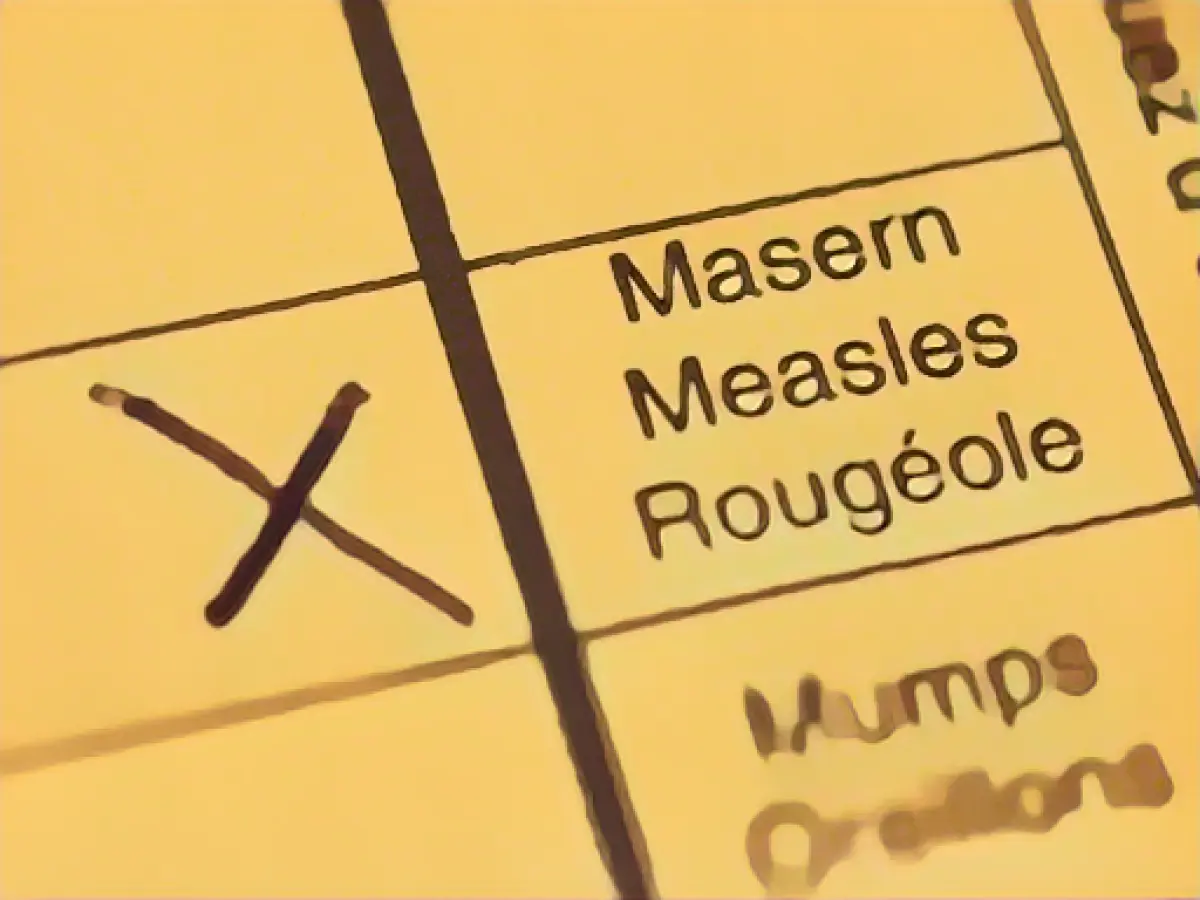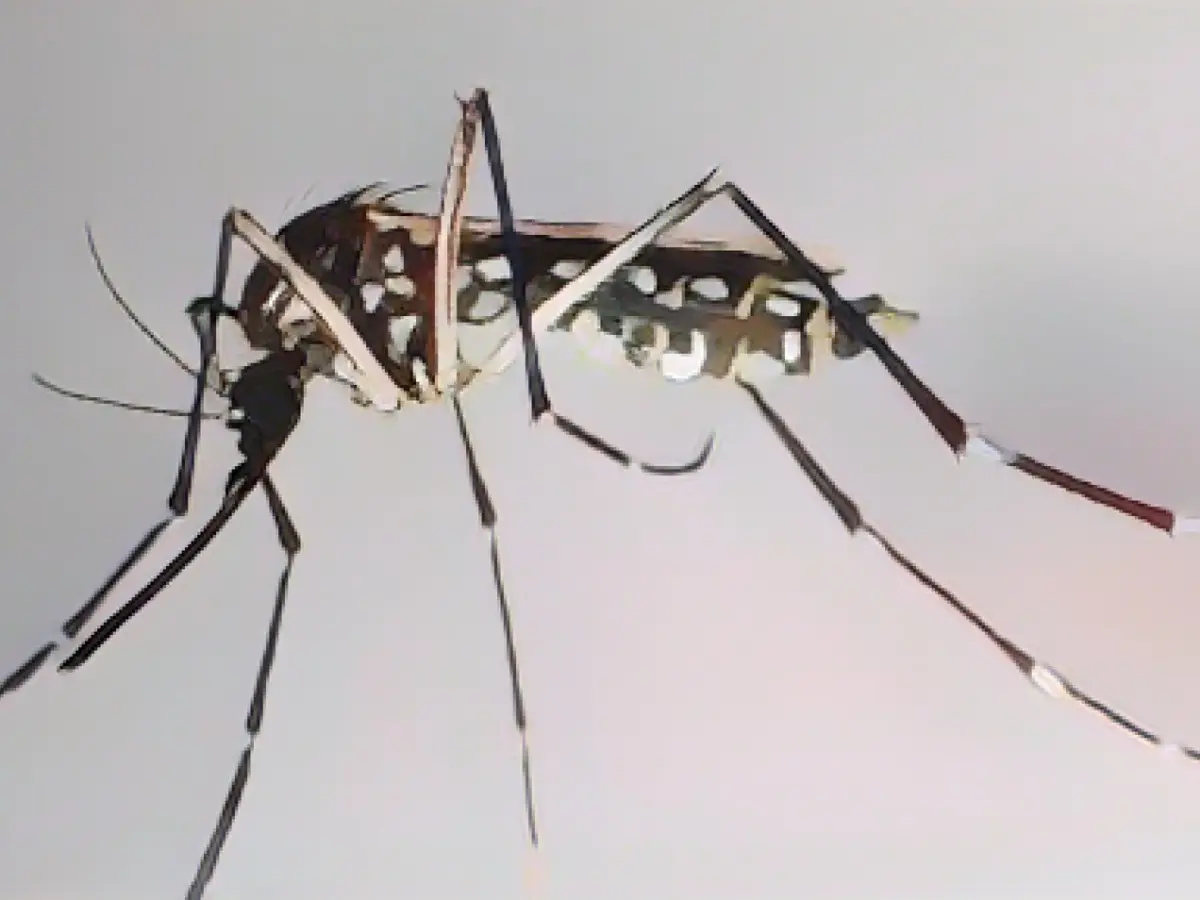Rising Measles Cases: A Global Concern Unveiled
Despite the persistent efforts to eradicate measles, the World Health Organization (WHO) reports an alarming surge in the number of cases worldwide. Last year, the organization documented a staggering 136,000 deaths and around nine million cases, marking a 43% increase in fatalities and an 18% spike in cases compared to the previous year.
Measles, a highly contagious viral disease, is transmitted through droplets, such as when an infected person coughs or sneezes. Common symptoms include fever, cough, and nasopharynx inflammation, followed by a distinctive rash. Approximately 10% of those affected experience severe complications, potentially resulting in life-threatening brain inflammation.
The disease can be effectively prevented through a two-dose vaccine regimen. According to WHO data, 83% of people globally have received the first dose, while 74% have completed the two-course vaccination. However, the organization asserts that a 95% vaccination rate is imperative to quell major outbreaks. Regrettably, many countries have been unable to resume comprehensive vaccination programs even after the pandemic, partly due to the disruptions caused by coronavirus. Countries like those in Africa, India, Indonesia, and Brazil are particularly affected.
The WHO underscores the necessity of international cooperation to attain higher vaccination rates, given that 95% coverage is required to obliterate significant measles outbreaks globally. Despite over 83% of the global population having received the first dose, the ongoing fight against this preventable illness persists due to insufficient vaccination coverage.
Notably, the coronavirus pandemic has only compounded the difficulties in maintaining high vaccination rates. Many vaccination programs worldwide have been hobbled, leading to missed opportunities for vaccination and accumulated backlogs of unvaccinated children. The pandemic has also fueled vaccine hesitancy, as well as concerns about vaccine safety, both contributing to lower vaccination rates.
Enrichment Insights
Several factors have contributed to the global surge in measles cases. These include:
- Declining vaccination rates in many countries
- Growing vaccine hesitancy, particularly in high-income regions
- Outbreaks predominantly in low- and middle-income countries with lower vaccination coverage
- Imported cases, even affecting countries with strong vaccination programs
- Health system barriers affecting timely and complete vaccination in rural areas
Measles, a preventable disease, has defied efforts to eradicate it. Despite high vaccination rates, the infection still poses a significant threat due to factors like declining vaccination rates, vaccine hesitancy, and major challenges posed by the coronavirus pandemic. The WHO stresses the importance of international cooperation and vigilance to break the cycle of measles outbreaks.







